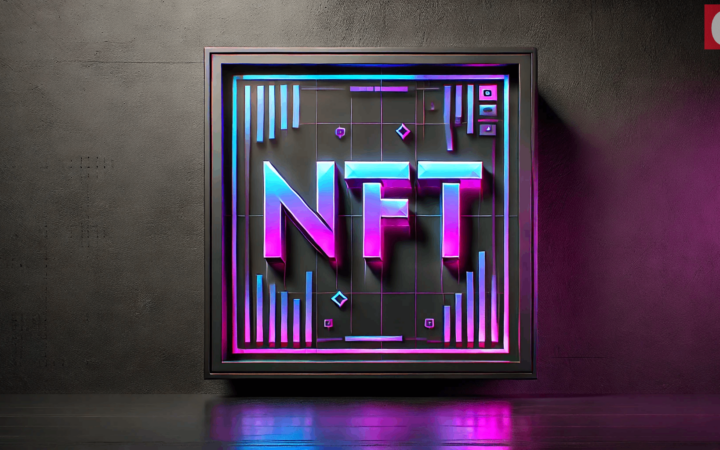
Darya is a crypto enthusiast who strongly believes in the future of blockchain. Being a hospitality professional, she is interested in finding the ways blockchain can change different industries and bring our life to a different level.
Apple is now legally allowed to keep its taxation policy. As Justice Elena Kagan has ruled, the latest petition filed by Epic Games against Apple is declined.
 Edited by Julia Sakovich
Updated
3 mins read
Edited by Julia Sakovich
Updated
3 mins read

US Supreme Court has granted Apple Inc (NASDAQ: AAPL) permission to keep its App Store payment rules. It means that a 30% tax imposed on application developers tapping on the App Store will stay, despite Epic Games‘ request to allow developers to direct users to different purchasing options.
As per Apple’s policy, the company charges a 30% fee for apps and in-app purchases on the iOS, iPadOS, watchOS, and macOS App Store. Specifically, Apple takes a 30% cut from app developers who make over $1 million through the App Store on an annual basis. With a boom in the non-fungible tokens (NFTs) industry, creators called for lifting the tax and exempting NFTs from the policy. In response, Apple provided specific rules for NFTs in its App Store guidelines and banned apps from offering exclusive access to NFT owners, or from linking their users to third-party sites where they might buy, sell, and mint outside the Apple ecosystem, thus evading the Apple tax.
The tax has been the primary driver of growth in recent years for a company. The fees collectively contributed to Apple’s $78.1 billion in services revenue in the fiscal year 2022. However, the revenue came along with protests from companies against the tax.
Epic Games, the maker of Fortnite, has been one of those accusing the company of breaking antitrust laws by forcing app makers to pay their 30% fees. In 2020, Epic Games sued Apple in federal court over its policy for the first time, and the legal process has been lasting for 3 years, with mixed success for both parties.
After an antitrust probe by the US Justice Department into the App Store’s fees and policies, it was ruled that Apple was not violating antitrust law and was not a monopolist. In response, Epic Games appealed the ruling and claimed that the original court “reached the wrong answer” and “made multiple legal errors.”
Next, Apple removed Fortnite from Apple’s App Store for violating its policies by launching its own in-app payment system.
In 2021, a US court ruled that Apple could not stop app developers from directing users to third-party payment options. But it also concluded that Epic failed to demonstrate Apple was operating an illegal monopoly.
In April this year, Epic Games was on top of the battle, as the United States Court of Appeals for the Ninth Circuit in California defended the game developer and ruled that Apple’s policy was violating state competition laws. The court’s decision gave hope for cryptocurrency and NFT projects willing to add more functionality to their iOS apps.
But now, with the latest update, Apple is legally allowed to keep its taxation policy. As Justice Elena Kagan has ruled, the latest petition filed by Epic Games against Apple is declined.
Disclaimer: Coinspeaker is committed to providing unbiased and transparent reporting. This article aims to deliver accurate and timely information but should not be taken as financial or investment advice. Since market conditions can change rapidly, we encourage you to verify information on your own and consult with a professional before making any decisions based on this content.

Darya is a crypto enthusiast who strongly believes in the future of blockchain. Being a hospitality professional, she is interested in finding the ways blockchain can change different industries and bring our life to a different level.





